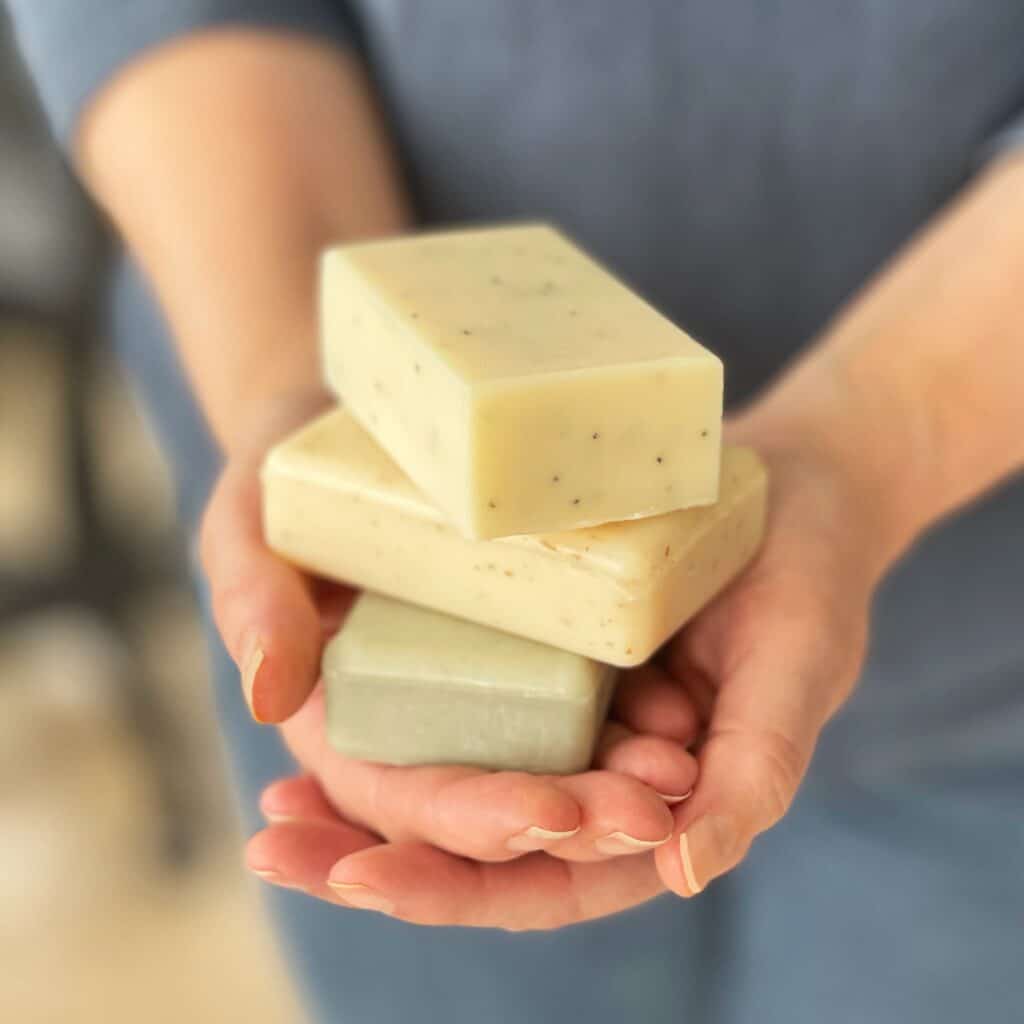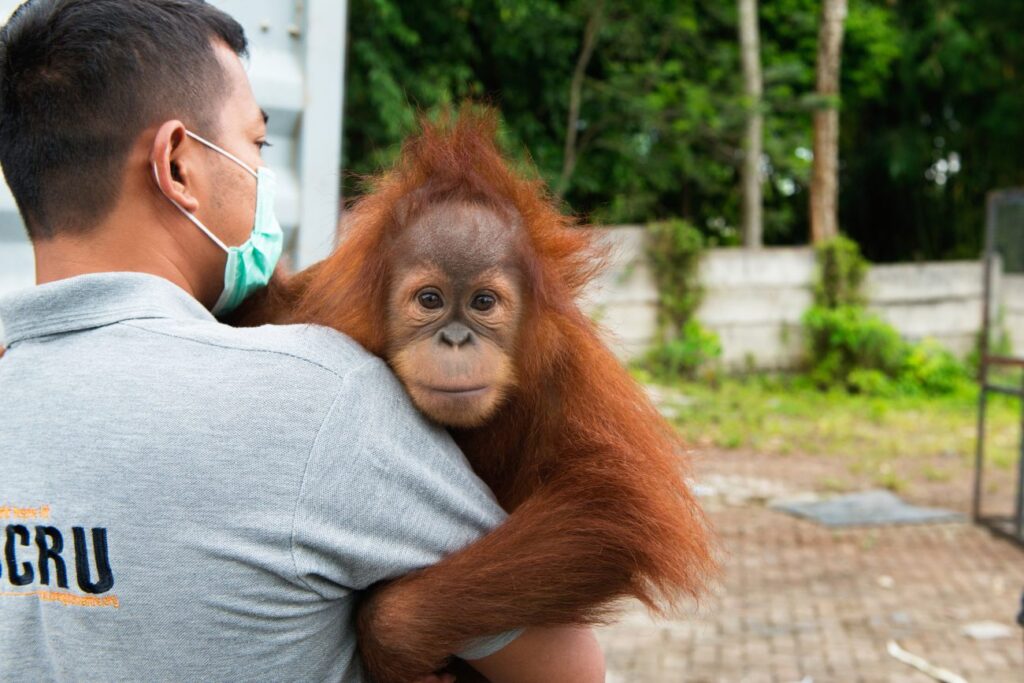We take a look into why authentically eco-friendly products cost what they do – and why they are worth that extra spend.
You’re standing in the supermarket or retail store, perusing the shelves, browsing the products and you spot a range of soaps. They range from 99p right up to £3.99. They all sport attractive, appealing packaging, some of them say lovely words like ‘natural’, ‘luxury’, ‘eco-friendly’, some even throw in some pretty strong-looking statistics and statements. Given they make similar claims and appear to do a similar job, the rational choice would be the 99p option, unless you already were in love with a specific brand.
Price point is very difficult for a lot of businesses, because unless a brand is perceived as ‘designer’ and therefore the price tag is arguably part of the appeal, you really have to justify the price and be competitive on value.

For consumers the choice is wide and labelling sometimes confusing. It can even be misleading if businesses are indulging in the unethical practice of greenwashing.
It comes down to consumers to analyse labels, compare information, and decide what’s important to them. This takes time, and needs a detailed level of product knowledge, so realistically it’s a lot to expect from busy shoppers.
Marketers are very good at using eye-catching phrases, buzzwords, and powerful messages to draw the eye of the consumer. On most products (such as soaps) there’s only so much space in which to include information. Most consumers will not be familiar with the list of ingredients, and therefore will rely heavily on the sales messages. Which is why vague terms like ‘green’ and ‘natural’ can often win consumers over and settle their conscience that they are making an ethical selection. But the fact is, we all need to be savvy enough not to just interpret what is there on the label, but also what is missing.
Like most things in life, with eco-products, you get what you pay for. Quality always comes at a price, and the highest standards of eco-credentials and ethical practice can’t be delivered at budget prices.
And neither should it. If there’s one thing we know of the challenges facing the environment, it’s that fast, cheap, throwaway consumer culture is part of the problem.
The solution lies in mindful buying, shopping for quality, valuing our purchases, and making them last for as long as possible.
So, to the big question. Why are authentic eco-brands often more expensive than their less earth-friendly competitors? With a focus on our favourite product, soap, we delve into the factors.
High quality ingredients
Clearly the most important factor when you are buying a product, particularly a cosmetic one, is what’s actually in it. Some chemicals and ingredients can harm and irritate the skin, be drying, or even result in damage or allergic reactions. And this relates to both natural and synthetic ingredients; not all things that are natural are good, and not all synthetics are bad. What you want to know is that the best, highest quality, safe, and appropriate materials are used in what you are buying.
Simply using the word ‘natural’ on packaging can be misleading and lead a consumer to believe they are getting a high-quality natural product for a low price. ‘Natural’ can simply mean 1% of the product is naturally grown, with the rest of the product’s ingredients being entirely unnatural.

‘Natural’ is also often confused with ‘organic’. Our organic standard reflects the Soil Association definition ‘An organic beauty product has ingredients that have been grown using organic farming methods. Organic farming does not allow the use of synthetic fertilisers, genetically modified (GM) ingredients and herbicides’.
Fragrance is another area where vague definitions can cause confusion. Most fragranced products are synthetic, but the majority of our soap ranges use pure plant-based essential oils or a blend of them. This brings high quality, lingering scent to our products, and is a more expensive ingredient.
You’ll want to know the product you are buying has not been tested on animals, a practice more widespread than you may realise. And it’s not about the company you are buying from. We take responsibility for the whole supply chain, proactively monitoring our suppliers to make sure our products comply with the Leaping Bunny criteria – the international gold standard of cruelty-free.
We are accredited by Cruelty Free International and the Vegan Society and doing so means putting our products under scrutiny for the reassurance of our customers that they are getting the ethical standards they are paying for.
We also carry RSPO accreditation due to our use of Roundtable Sustainable Palm Oil in our products, and commitment to supporting forestation. Yes, this has increased our cost base. However, using sustainable palm oil improves the quality of our product and protects communities, endangered wildlife, and the environment. To us, this is a price worth paying.
Genuinely sustainable packaging
How many times have you seen so-called eco-products packaged in plastic? Or products wrapped in a biodegradable wrapping which can only biodegrade in a certain type of compost bin and frankly is just going to end up in the general rubbish.

According to wrap.org.uk, plastic packaging in the UK accounts for nearly 70% of our plastic waste. Most of this will be immediately discarded.
The fact is that most products continue to be housed or wrapped in plastic because it’s cheap, does the job, and is widely available. And some businesses may have every intention of being plastic-free, but rely on suppliers who can’t or won’t switch to an alternative.
We have made the effort and commitment to establish a plastic free supply chain, and there is no plastic wrapping around our soaps, we use only cardboard packaged boxes. This principle applies to online orders which are packaged in fully biodegradable and recyclable boxes, paper wrap, and paper filling.
And it’s not just the packaging itself, it’s what goes on it. The glossy varnish featuring on some of our products is made from a recyclable resin made from non-toxic, non-mutagenic, non-carcinogenic and non-reproductive toxic raw materials. They are free of solvents and do not emit volatile organic compounds (VOCs) making them environmentally friendly. It is cured with UV light, making it 100% recyclable.
Local, British production
We all know the cost savings that can be delivered from manufacturing in China and shipping over to the UK, and for some brands, that is the only way to make a product viable. But where it is not necessary and can be avoided, we believe it’s important to manufacture locally for so many reasons.
All forms of freight carry some kind of carbon footprint. Although efficiencies can be made, minimising transportation is simply less harmful to the environment.
Manufacturing in Britain also protects British jobs and communities, and we are proud to have a strong local presence in our Cotswolds community.
Research and development
Every genuine eco-brand, many of which we describe as ‘challenger brands’ are trying to be part of a solution to a very big problem – that of climate change and reversing the damage to our planet.

Coming up with alternatives to traditional plastic or otherwise earth-damaging products takes not just vision and ideas, but science, R&D, safety testing, and marketing. Many of these businesses are small start-ups, not in a position to launch on a high volume/low-cost manufacturing scale, and often competing with the big, resource-strong household brands for a tiny corner of the market.
For these micro-businesses, making money is not easy, because the cost of their materials will be high, especially in the early days. But they are pushing boundaries, innovating, raising awareness, and putting pressure on the big brands who may as a result improve their practices. So, if you can, it’s worth spending that bit extra with these small but mighty game-changing firms. They are leading the way and making a huge positive impact on the environment, despite the challenges of their cost base.
Operating an ethical business
A large portion of any business’s cost is labour. And this is sadly where many companies cut costs and offer more attractive prices to customers as a result. But wouldn’t you rather pay a bit more, knowing a brand’s workforce and any communities impacted by their business, are looked after?
This is the principle behind initiatives like Fair Trade, and laws like the Modern Slavery Act 2015. But it’s also about providing workers with a good wage, benefits, support, working life and environment, caring about their health and wellbeing, and investing in training and development.

And that’s just the internal aspect of running an ethical business. Great ethical brands will also give a lot back to society and communities, often supporting initiatives and charities, taking practical action such as planting trees to replace resources they use and limit their impact.
In our business, we support SOS, the Sumatran Orangutan Society, a conservation charity working to secure the future of the critically endangered Sumatran orangutan and their forests. We do it through talking about their work, raising awareness, buying the Sustainable Palm Oil that supports their communities, and also donating money from our Eco Warrior range.
Genuinely ethical businesses like ours can apply to be recognised as a B Corp. This status demonstrates to consumers that a business puts people and planet before profit and has at its heart a beneficial purpose.
Compare apples with apples, not apples and pears
Next time you’re standing in front of two products, seemingly similar, just remember the information before you may not be the whole story.
Statements of ‘natural’, ‘green’, ‘ethical’, may be true, but to very different extents, and you’ll get what you pay for.
Highest quality ingredients, sustainable packaging, a low carbon footprint, ethical working practices, innovation and creativity, and giving back to communities; they all come at a cost.
They may result in a few extra pennies or pounds for the consumer.
But they won’t cost the earth.


